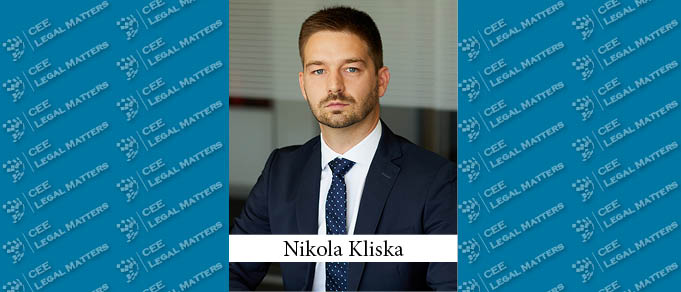In a recent legal resolution, an author, a mechanical engineer employed to oversee the printing machinery at a prominent publishing house, found himself at the heart of an unexpected ghostwriting controversy.
While his official duties revolved around ensuring the smooth operation of the printing equipment, he ended up contributing significantly to the company’s literary output by drafting multiple romance books. Despite these creative contributions, he received neither recognition nor financial compensation.
The situation gained urgency when it was revealed that over 80,000 copies of these books had been sold globally, translated into numerous languages, and widely appreciated by readers. Yet, the true author, working behind the scenes, remained unnoticed and unrewarded.
Recognising the copyright injustice, the author initiated negotiations, firmly signalling his readiness to pursue the matter in court if necessary. The strength of the author, supported by clear evidence of his authorship, led to a successful settlement. The publishing company agreed to a fair and substantial sum, finally acknowledging the work that had been improperly credited to others.
This case underscores the often-overlooked issue of ghostwriting within the publishing industry, especially when it involves employees whose primary roles are outside the creative domain. And as this case proves once again, in the end, copyright always wins.
The information in this document does not constitute legal advice on any particular matter and is provided for general informational purposes only.
By Nikola Kliska, Senior Associate, independent Attorney at Law in cooperation with Karanovic & Partners




